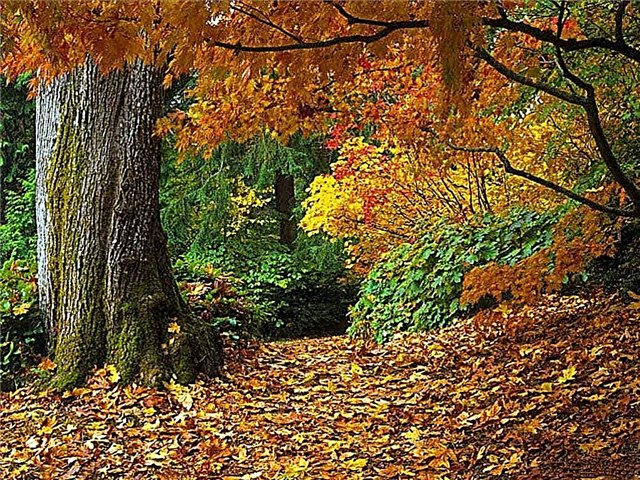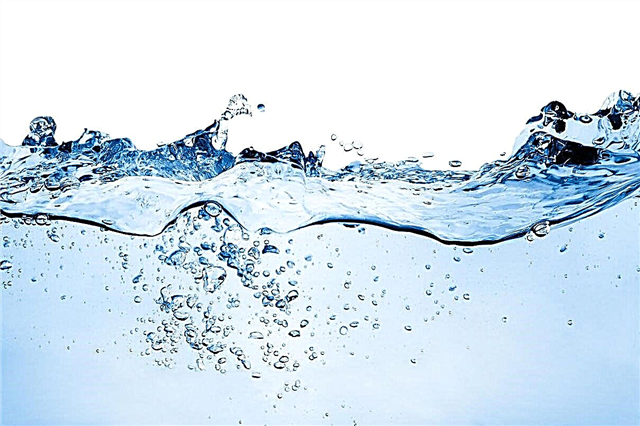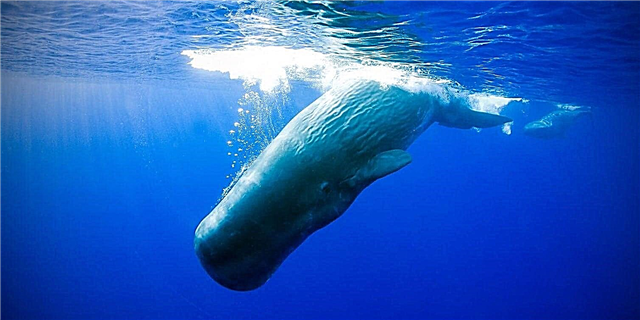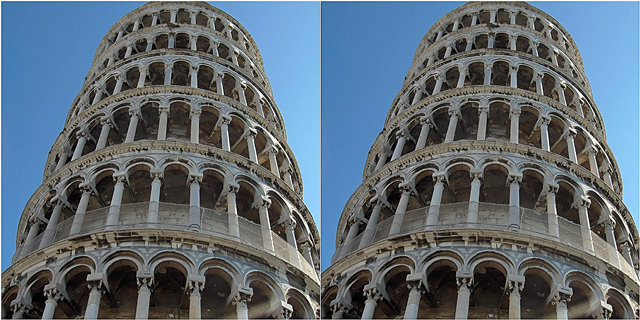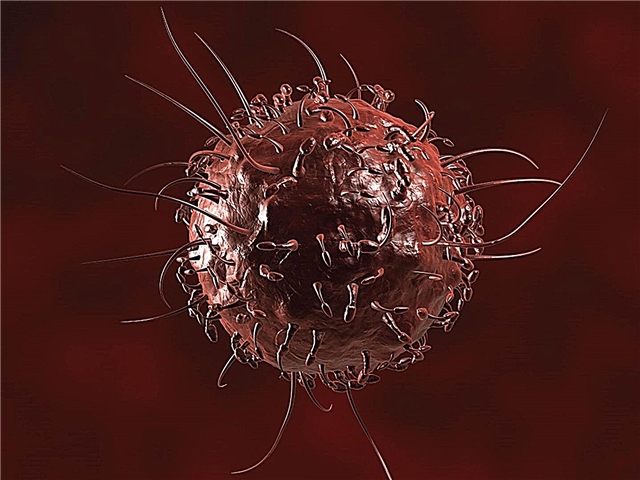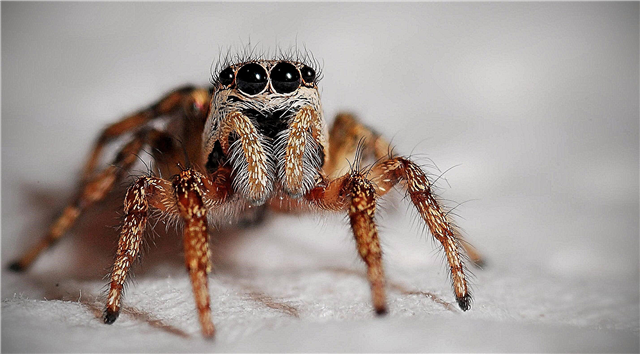
A typical, or rather, the usual diet of domestic cats is meat and dairy products, dry feed. And when the four-legged fluffy pets begin to eat indoor flowers in the apartment or if there is grass when outdoors, the owners become worried about the cat’s health.
Versions and Theories
A definite answer to the question: why do cats eat grass, no. There are several justifications for the use of green vegetation.
Just as a meal
The most popular version among cat lovers. In fact, grass does not bring animals any benefit, because it is not absorbed by their body: the required enzyme is missing. This follows from the fact that the cat belongs to the family of predators, and not herbivores.
The source of useful trace elements and substances
This statement is part of the truth, since the grass contains leafy acid, especially saturated with vitamin B. Most of it in young shoots.
Instincts
In the diet of wild brothers there are birds and rodents that enter the body along with feathers and wool. It is inherent in nature that cleansing the body occurs through belching. At home, grass acts as a catalyst for irritation of the gastrointestinal tract, caused by the appearance of lumps of hair in the body after licking, so that the natural instinct - regurgitation - works further.
Facilitating the digestion of food
There is no evidence for this version, nor is it denial.Fiber, which enters the body when chewing grass, contributes to faster digestion.
Useful and poisonous herbs for cats
Not all green plants will benefit cats. The animal itself, as a rule, distinguishes which grass is useful and which should be ignored. But instinct may not work. This is especially true for pets, for whom a trip to the street is to crawl out onto the windowsill or take a walk on the balcony. In such cats, some natural qualities are dulled, therefore, the instinct for recognizing useful herbs, too.
If you have a summer house or a house in the village, you can and even need to take your pet with you, giving a walk in the fresh air and enjoy juicy young grass. And even the threat of ant bites should not stop.

Cats themselves choose coarse plants: cereals, sedge. Another addiction that grows with the animal is mint. The aroma emanating from this plant (stems, flowers, leaves) cause a special appetite. It should be noted that other clean and pleasantly smelling herbs are a priority for cats. But the main delicacy is still oats.

Ordinary lawn grass, especially young shoots, will not bring harm to the animal. Here it is necessary to ensure that the cat does not go to eat it in places where fertilizers were applied. There are a number of plants from which it is necessary to protect pets as the apple of an eye. Geraniums, yews, lilies of the valley, henbane, hellebore, cicuta, sea onions, oleander, philodendron, poppy, the "tree of life", daffodils, tulips and absolutely all bulbous plants have sharply negative health consequences for the cat.
Grass for cats at home
Greens in the diet of cats should be present.If there is no way to take fluffy pets outside the home, you can always grow it yourself. There are currently no problems with this: seeds are sold at pet stores. For the sprouted sprouts of wheat or oats, as well as mint, the love for which was discussed above, the purrs will certainly thank.
In the summer, you can take care of harvesting grass for the winter. Young shoots of different varieties of plants must be dried indoors, away from sunlight. Keep wrapped in paper. And creating a growing effect will allow fixing the beams on the stand. Cats will be happy with such a treat no less than with fresh grass.
In cats, eating grass is genetic. The domestication process could not eradicate the habit, so they are looking for greens in the apartment or on the lawn, even if their diet is completely balanced. And for unexpected regurgitation after eating grass, pets do not need to be blamed, because these are just instincts laid down by nature.



